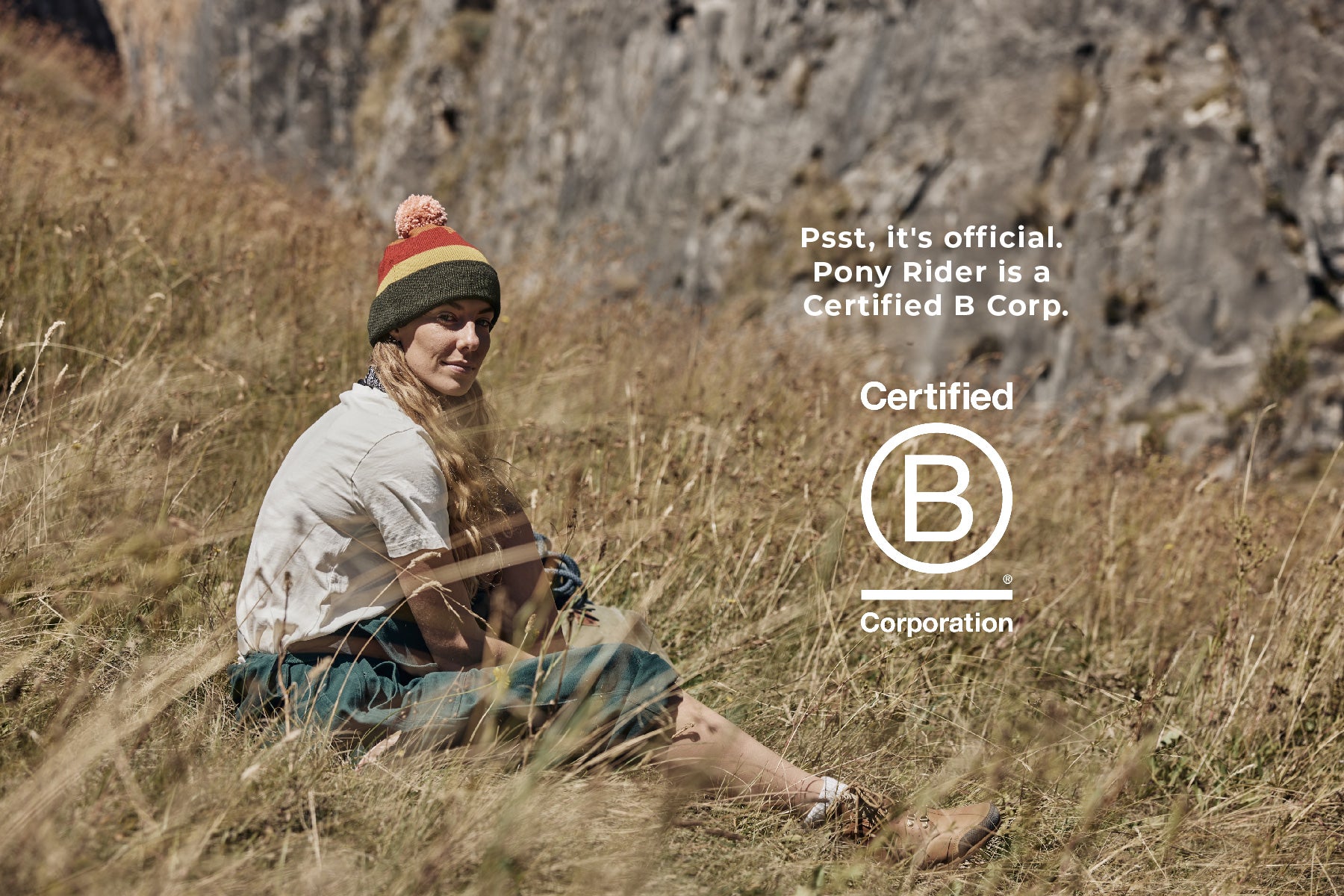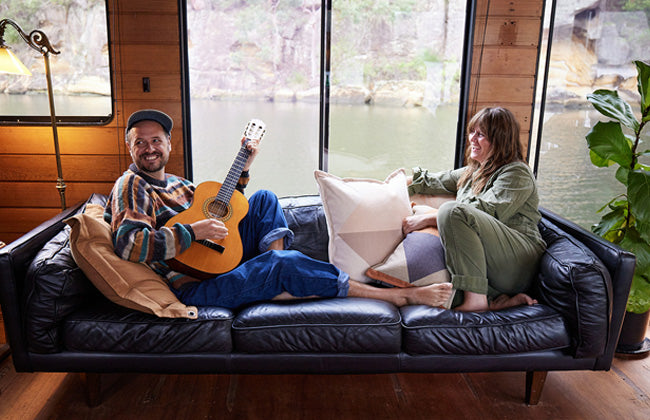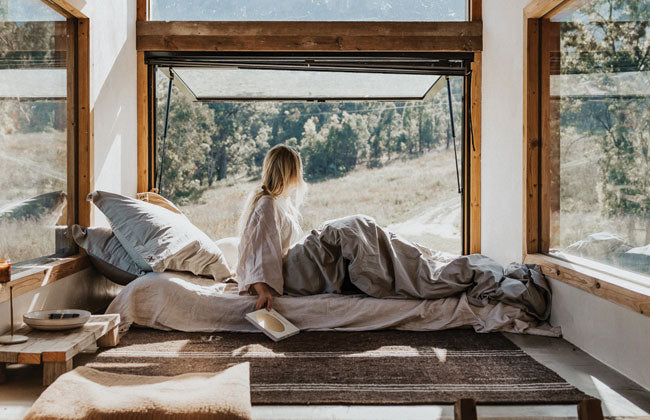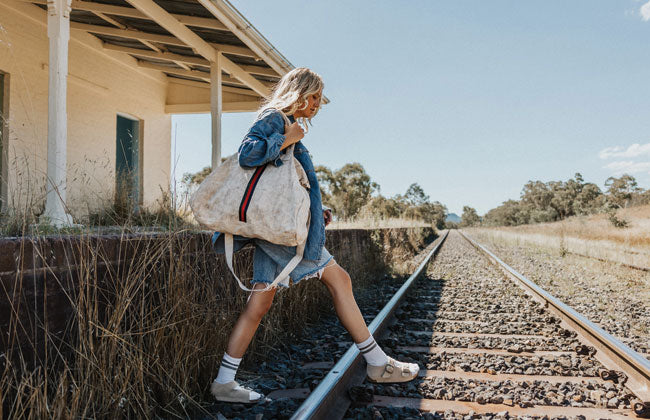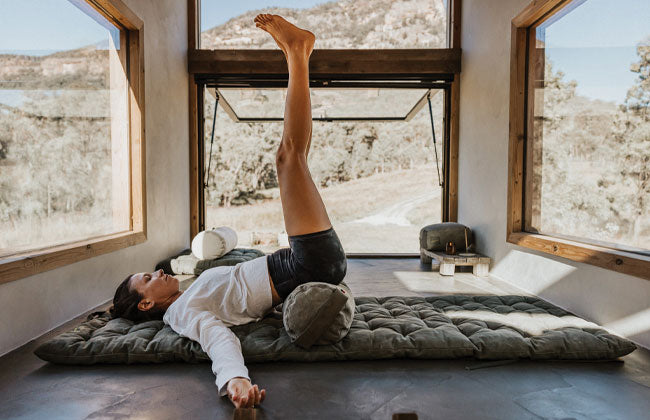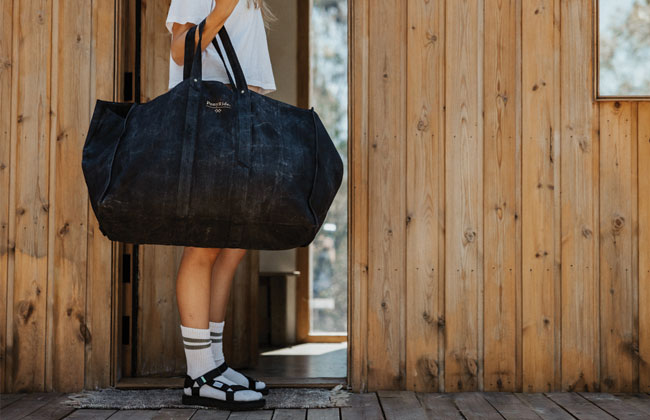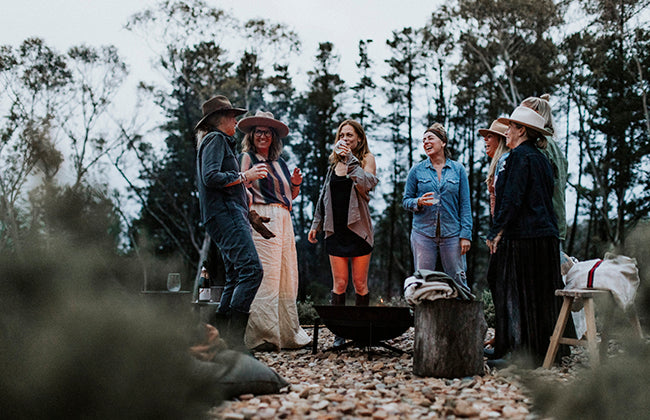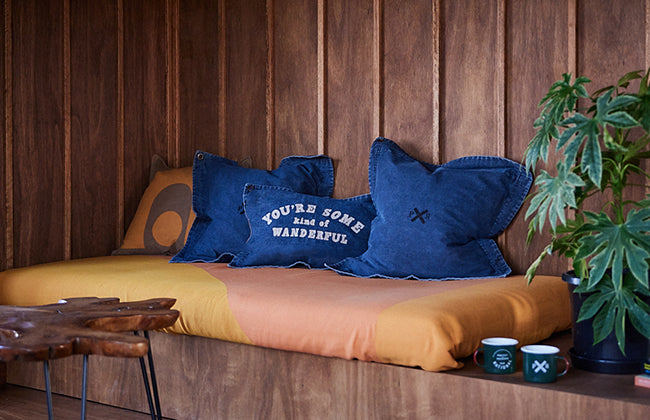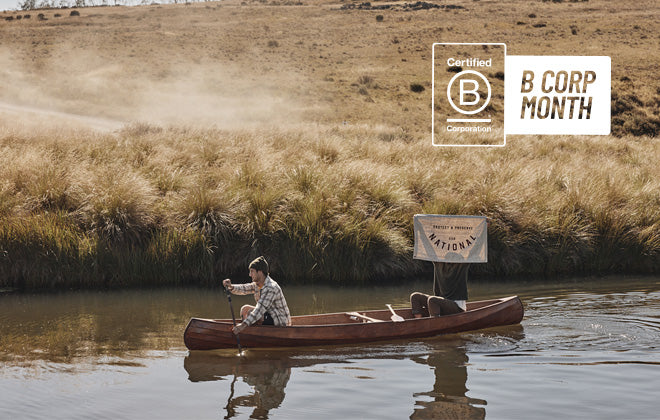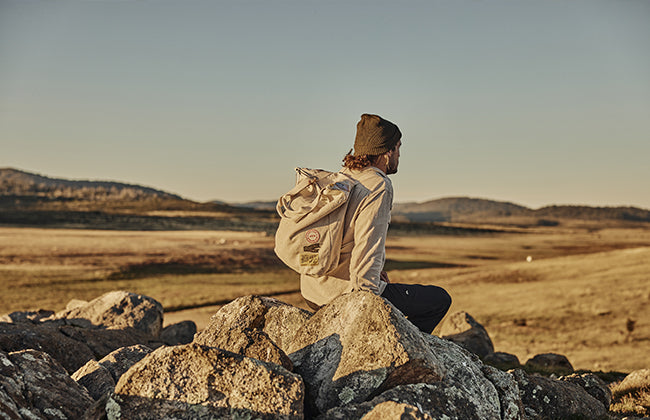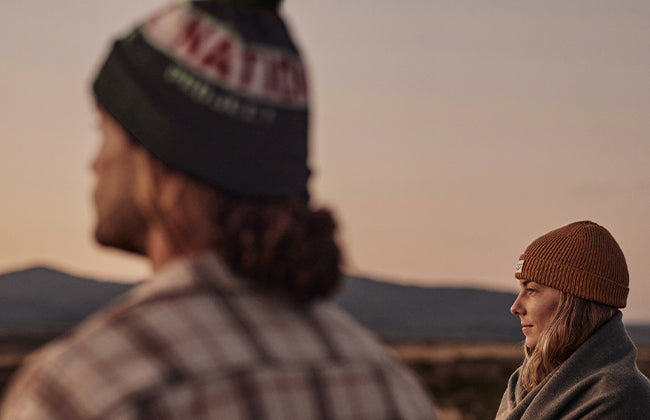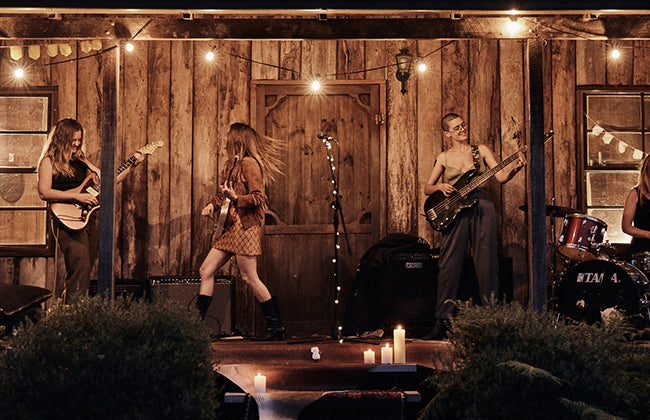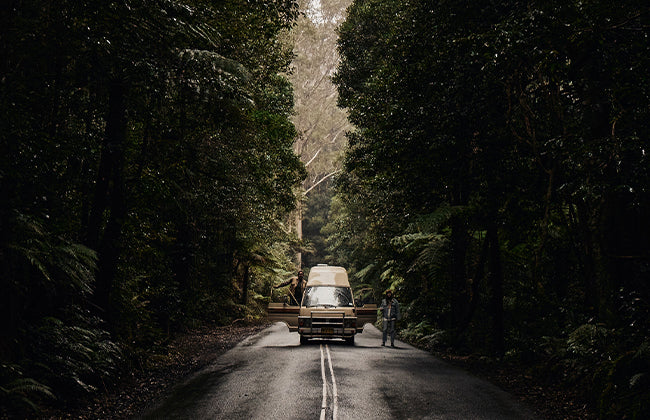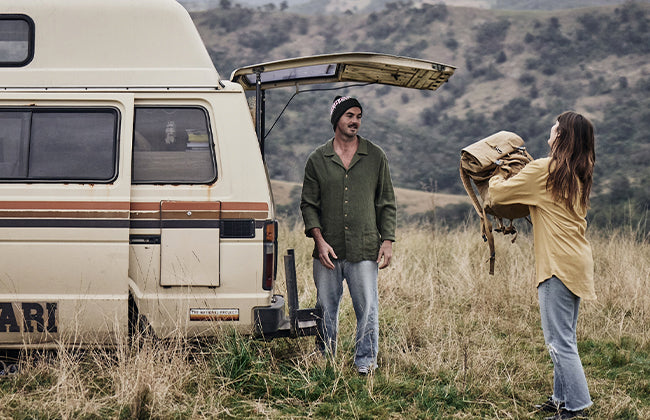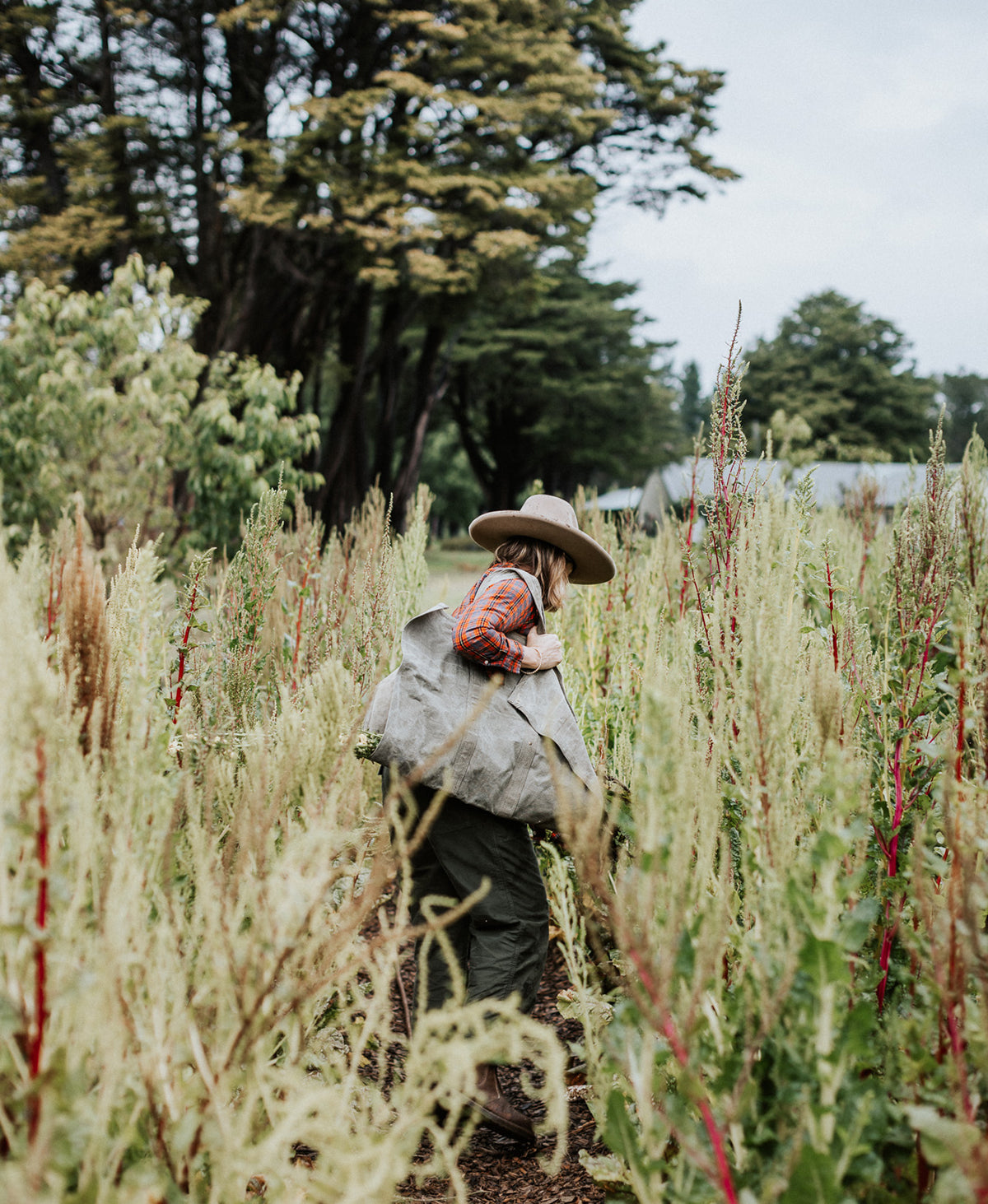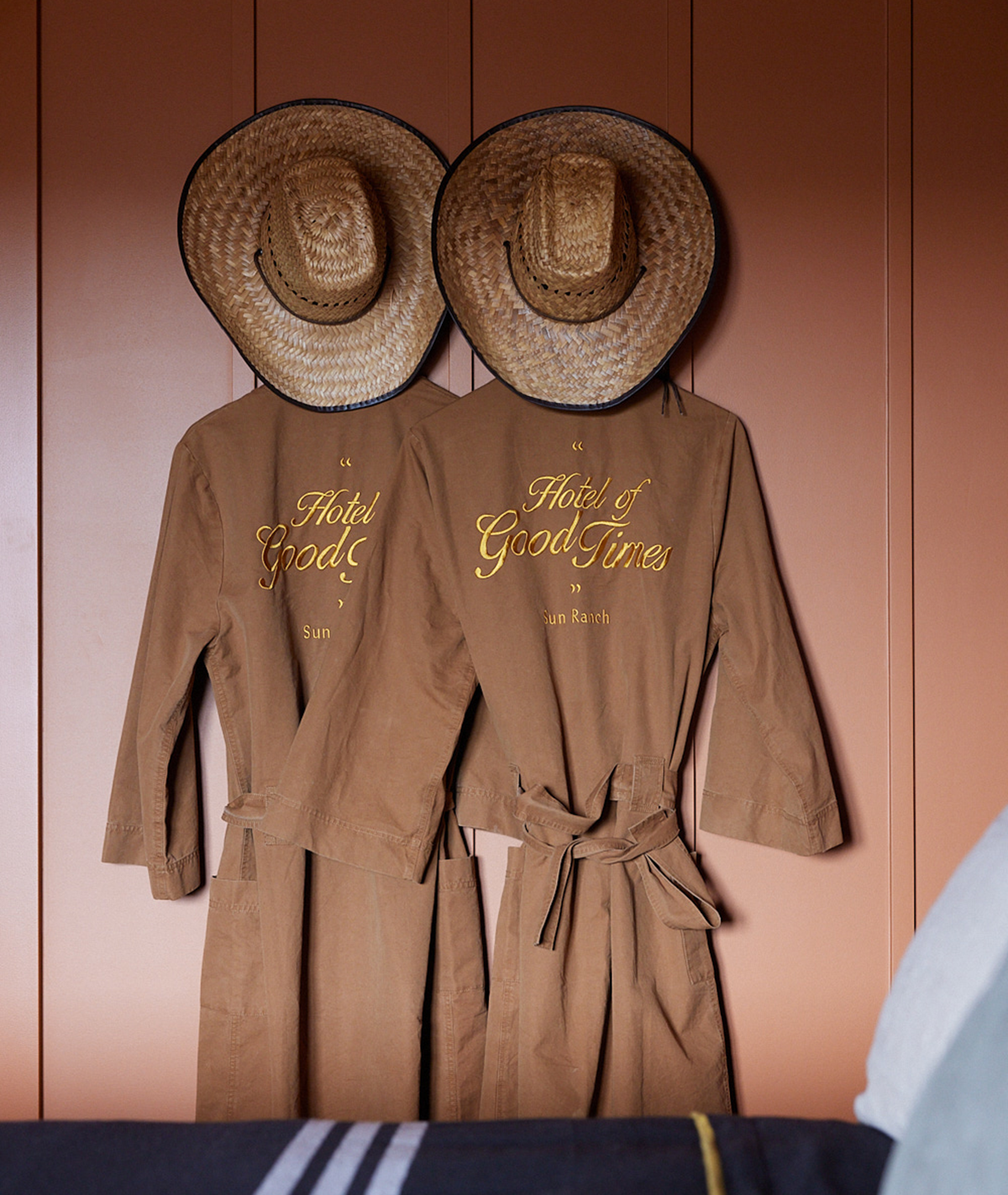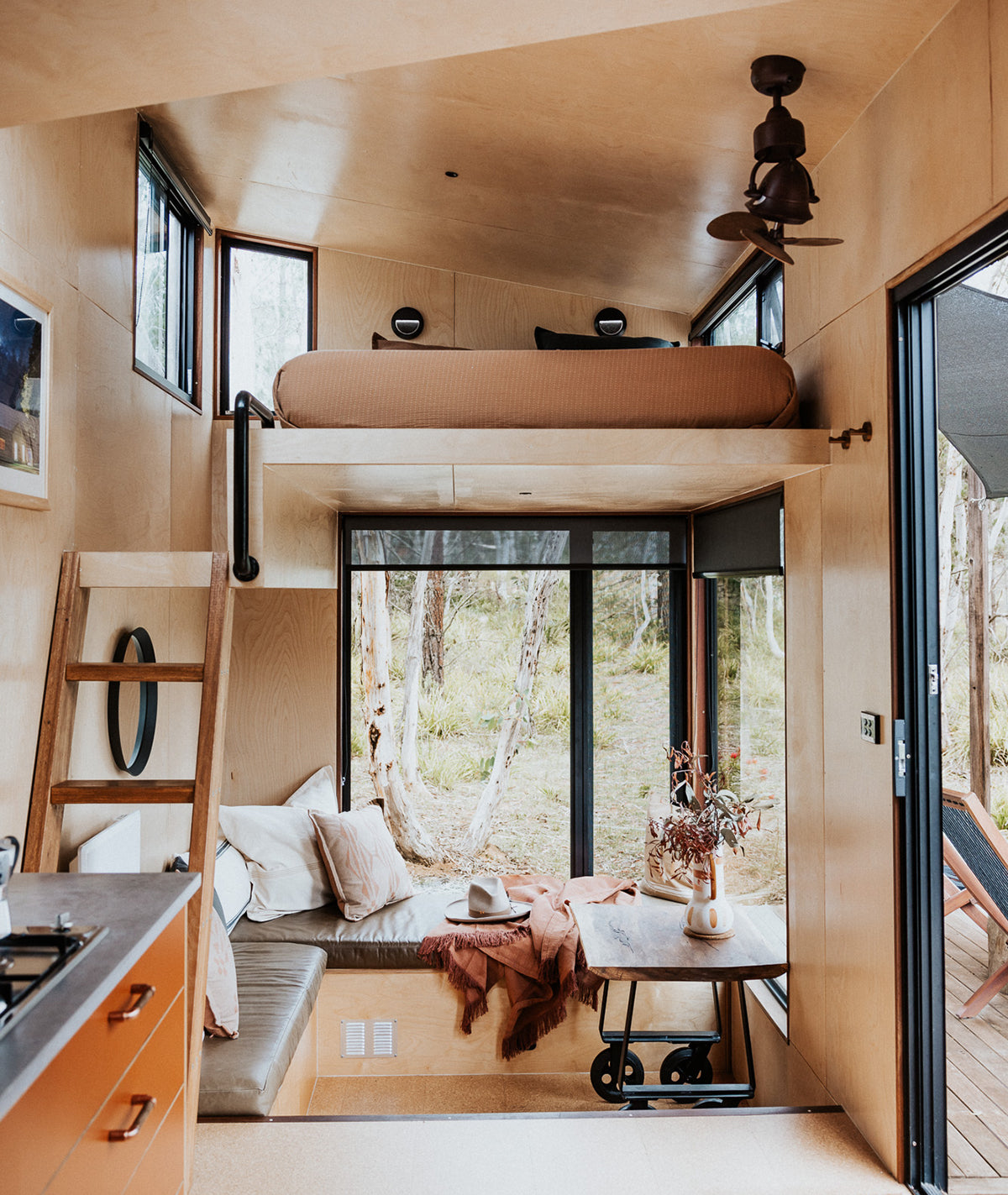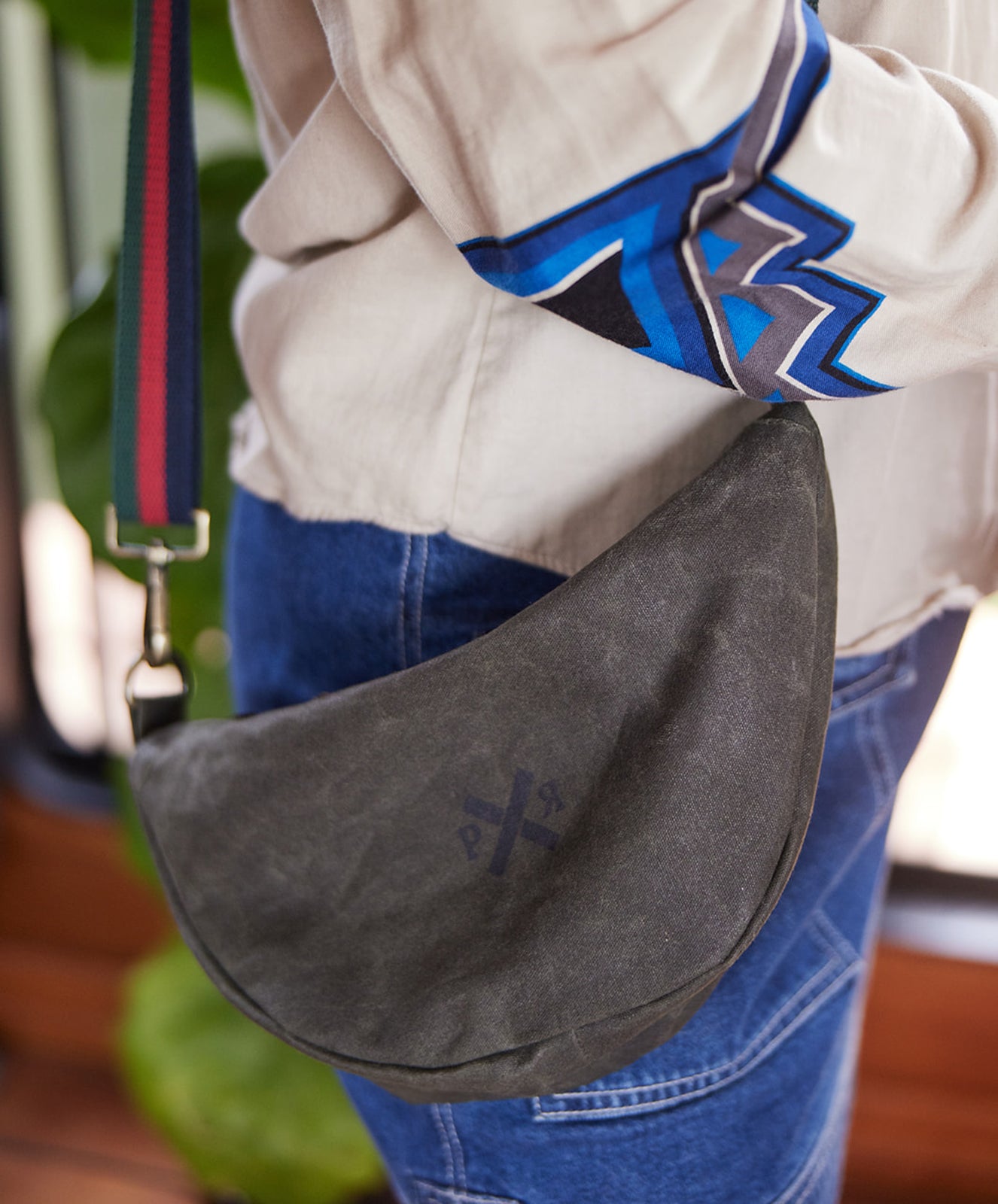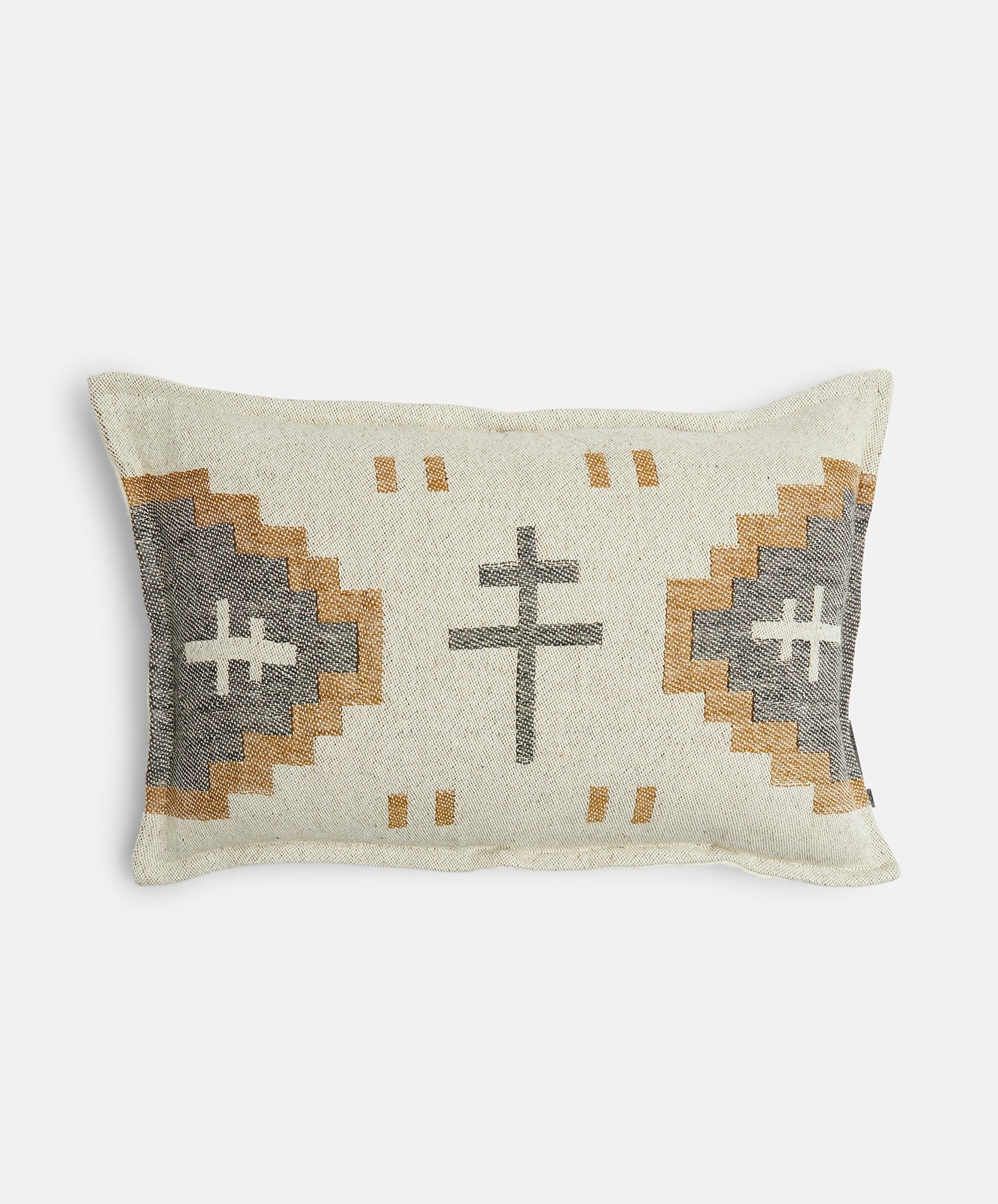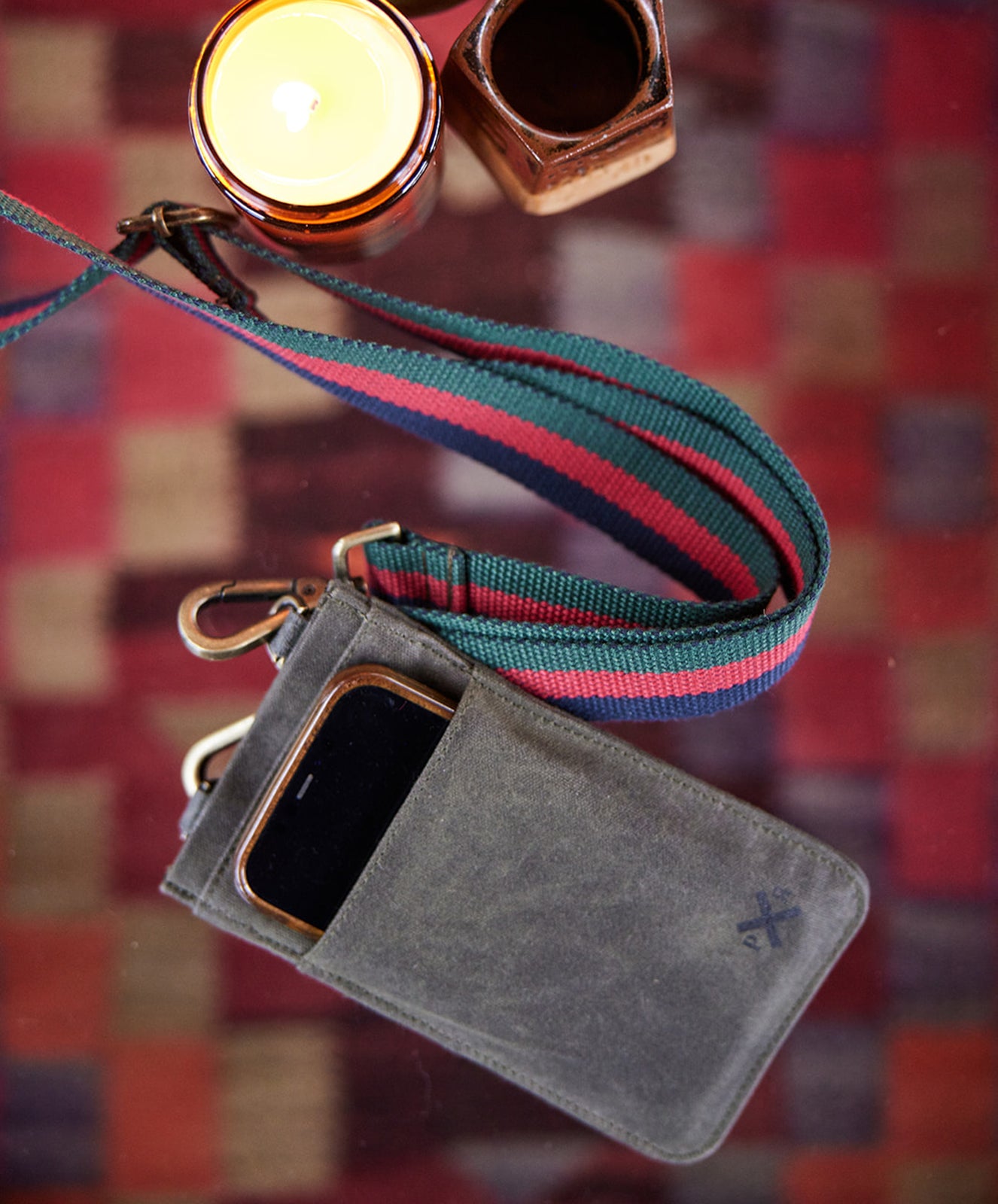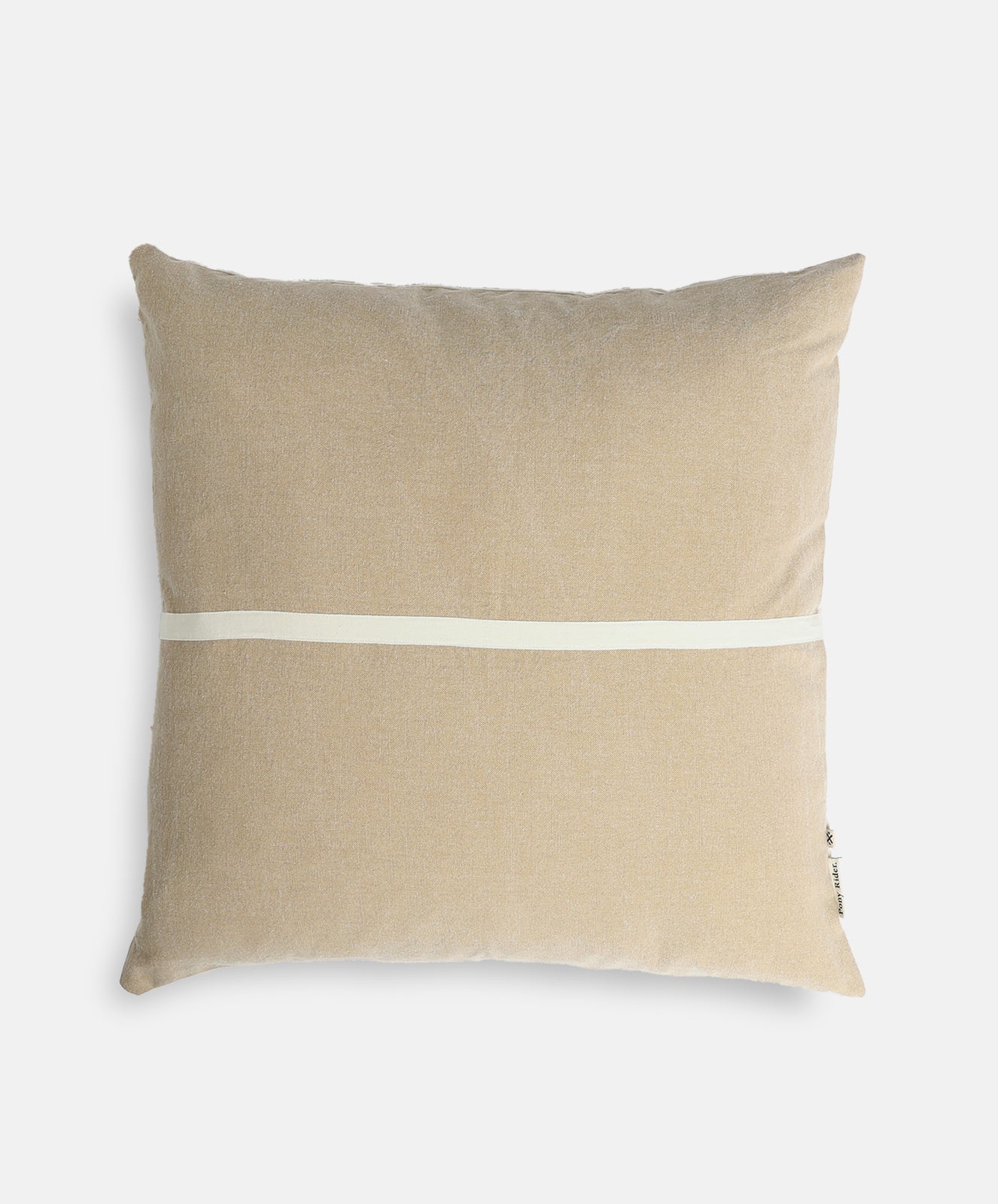Two Birds Farm @ ARUNA ESTATE
ARUNA Estates’ onsite partner, Two Birds Farm, is a local small-scale farming enterprise using no-till farming methods to support a sustainable food production system.
By utilising better land management practices to improve the health of the environment, founder Jess Phelps and the Two Birds Farm team produce fresh, delicious, and sustainable produce.
Guests can even get their hands dirty at the Two Birds Farm’s onsite gardens and harvest their own seasonal produce for dinner - now that’s a short farm-to-table journey!

Hear a little bit about this awesome venture from founder Jess…
What inspired you to pursue sustainable farming practices, and how has this inspiration shaped the ethos of the farm?
I’m a Horticulturalist. It’s always been a pipe dream for us to own a veg and flower farm, but I always thought we would have to own our own land to do it. The landshare agreement we have with Aruna Estate is great, and beneficial for both parties. We get to grow some great produce, and they see their land put to good use.
I’ve always found joy in growing veg for our family, and found myself eager to provide that same connection to my local community. Imagine a future where small ecological farms feed their local communities - forming a more sustainable and resilient food system and reducing the carbon footprint that comes with food milage. Most importantly, fostering a sense of community - consumers get to know their farmers and they know where their food comes from.
For me, using sustainable practices is the only way forward. I am guided by the belief that we must be responsible stewards of the land for future generations. The more I learned about soil health, the more conventional farming methods baffled me. No-till farming just makes sense.
2. Can you share some specific sustainable farming methods implemented at Two Birds Farm that contribute to environmental conservation and the ecosystem's overall health?
Sure can! We use a no-till method of farming. This means not disturbing the soil through tilling. Old crops are cut off at soil level and the roots left behind. Most of the work is done with hand tools, not large conventional farming equipment.
There is a myriad of benefits to no-till, but some include improved soil structure and fertility, enhanced organic matter which improves soil nutrient content and microbial activity, increased mycorrhizal activity, better water retention, less soil erosion, and increased biodiversity across the entire farm.
We also mulch our pathways with woodchips. This helps to suppress weeds, improve water retention, and will break down over time adding organic matter to the soil. We’re adding an area of perennial flowering plants to provide habitat for pollinators and increase biodiversity - with staggered bloom times to provide a constant source of food and with a focus on host plants for beneficial predatory insects to help combat some of the pest species.


3. In what ways does Two Birds Farm prioritise the well-being of the soil and land in their agricultural practices, and how does this approach affect the quality of the produce?
In addition to what’s been mentioned above, practices such as onsite composting, and farming organically and chemical-free are some other ways we prioritise the well-being of the land. All of these practices come together to help build soil health, increase microbial activity and build a favourable environment for mycorrhizal fungi. These mycorrhizal fungi act as root extensions, assisting plants in their nutrient uptake, which in turn gives you a final product that is nutrient-dense and tastes great.
4. How has Two Birds Farm actively engaged with the local community to promote awareness and understanding of sustainable farming practices, and what initiatives have been particularly successful in fostering this connection?
As we’re just getting started, we haven’t had the chance to run any community-based events yet, but we have plans for some big ones in the future!
Right now we’re working on getting things ready for our local veggie boxes and building a community around that. I think the world is moving in the right direction, and people are becoming aware of how what they do can affect the land. I’m hoping to encourage that forward thinking and help people explore things they can do in their own homes to help. Our social pages provide an avenue for knowledge sharing, which is very important to me.



5. Can you elaborate on any challenges or obstacles you faced maintaining sustainable farming methods, and what lessons have been learned along the way that you can pass on to the eager farmers out there?
As we’re only in our first season, I’m sure there are many more challenges and lessons waiting for us in the future. We’ve started out with a lot of weeds in the area, particularly stinging nettle. I imagine most people would spray the lot with glysophate, but staying chemical-free is important to me. This means a whole lot of repeat hand weeding until we lower the seed bank in the soil.
In terms of passing on lessons learned, I would say, observation is key - if you notice things early it is much easier to deal with organically. Continuous learning is important. I’m always reading, always learning. Look into things like composting, attracting beneficial insects and companion planting.
But the most important thing is to nurture your soil. It all comes down to soil health.


Location: Penrose NSW / Gundungurra people
